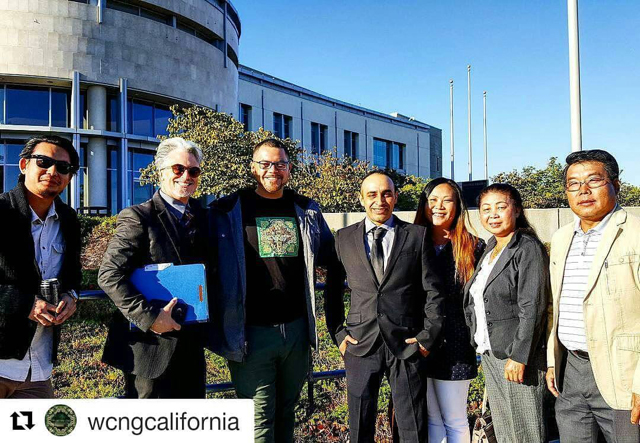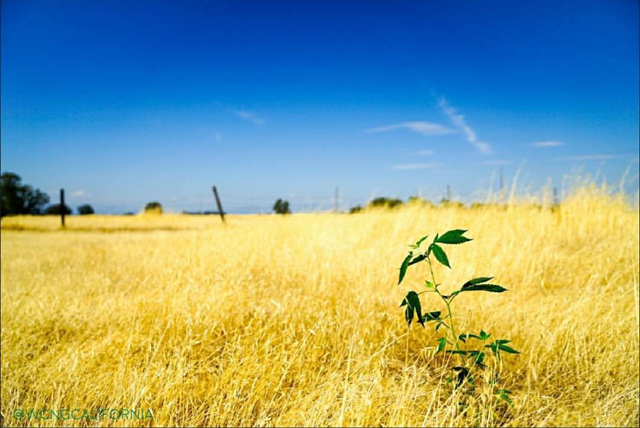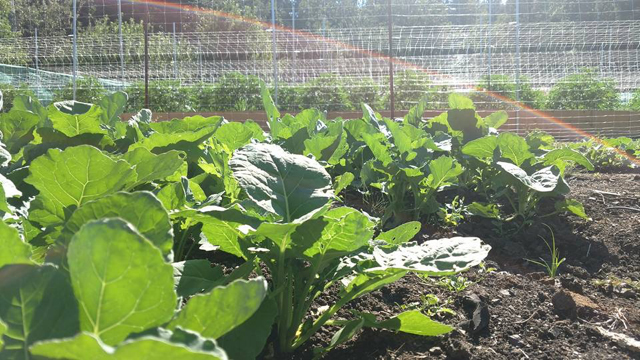AACE INTERVIEW: Mai Vue-Cho / Activist
I met Mai via Facebook and through her husband Morgan Cho, both powerhouse activists in California. As I followed them through their advocacy work and their melding of work and family I became an admirer from afar. Mai is a warrior and her project The Shasta Cannabis Campus was created to bring inclusiveness and equity to those displaced by the economy and lack of the networks available to large cannabis companies. AACE is honored to have Mai Vue-Cho and to have her words here to inspire us to do better.
1. Is being an advocate in your DNA? How has your family supported you in your community work?
Being an advocate, for me at least, did not come in the form of my DNA. What I believe compels someone, particularly myself, to become an advocate are the values that you are taught as a child. My inspiration comes from a strong base of family values and compassion for others, which is fully supported and encouraged by my family.
2. What is the history of your family in farming?
Both of my parents were born in Laos. They were raised by farmers who were raised by farmers and so on and so forth. They were taught to live off the land and give thanks when they were blessed with a bountiful harvest. I, on the other hand, was raised in Compton/Long Beach, CA. I remember my parents had their typical vegetable/herb gardens in the backyard of the 2-bedroom house that we lived in, but it was never anything near what you would think of when you think of what a “farmer” is. It wasn’t until my family decided to become landowners and cannabis farmers did I truly get the experience of being a “farmer”.
3. When you put your hands into the soil, what are your thoughts?
My parents are the true farmers, so to say I completely understand what it feels like to be a farmer would be unfair to them and the rest of the cannabis cultivators out there. I get the benefit of enjoying the fruits of their labor, watching them take a tiny seed and nurture it into a 10-foot Blue Dream cannabis plant or a pantry full of freshly harvested fruits and vegetables.
4. Tell us about your campus project and how you are making it inclusive.
The Shasta Gateway Cannabis Campus is a project that I am currently working on under the guidance of Tim Wright, CEO at TME Enterprises. We both share the same values of an equitable and inclusive cannabis industry. The campus is in the City of Shasta Lake, which has been in the forefront of the emerging cannabis industry in California. With permitted, and well-regulated medical cannabis dispensaries since 2010, the city is now transitioning to allow commercial cannabis activities including recreational sales. You hear over and over from consultants that the key item to consider for all cannabis entrepreneurs is location, location, location. Through this experience, the most important factor for me is diversity and sustainability. How do we include displaced cultivators, extractors, bakers, etc., who have been barred access to a multi-billion-dollar industry because of financial and social barriers, and how do we create an industry that will be able to withstand the sustainability aspect of this industry while continuing to provide safe access for the consumer who are the KEY players in our industry? The solution is simple, in my mind, by creating a space that will allow every cultivator, extractor, baker, distributor etc., to work cohesively together, learn from each other, and the most important part: giving these displaced operators a head start by leasing them the legally compliant space/location for one dollar a year for the first 5 years. By doing this, we allow the operators to continue doing what they do best, and work cohesively together to provide the best quality product for safe access to the consumer. The one-dollar lease per year is aimed to include operators/owners of all cultures, backgrounds and strengths to create a diverse group of people. By creating a diverse co-op structure, we can successfully establish a network of people who bring different strengths to the table, and simultaneously create an environment that allows these individuals to learn from each other, and about each other. Our differences will be our strength, and brings it full circle to the success and progress of assimilation for people of all color.
5. The Hmong are known as farmers here in California, however our history with them goes back to the Vietnam war where the US recruited them to help troops navigate unknown territory. After the US left, the Hmong were made into refugees and massacred in Laos. How has their assimilation into Northern California (and US culture) progressed?
It is amazing, but not surprising, to me how little most American’s know about the Hmong people. The Hmong people’s role in the Vietnam war was always referred to as “The Secret War”. The assimilation of the Hmong people in Northern California and US culture has taken the hugest leaps in the last decade, in my opinion. I measure the progress of assimilation by how many elected representatives we have in office and how often I am asked, in conversation, about the history of the Hmong people. The first Hmong Mayor in California was elected last year, and we have elected Hmong representatives, judges and senators across the United States where there is a heavy population of Hmong people. To successfully assimilate in a positive manner, the conversation (both positive and negative) must begin. In my experience, the cannabis industry advanced the conversation to not only include the “Who” are the Hmong people question, but also the “Why” are the Hmong people in America question. As we continue to make a name and assimilate, the hope is that the conversation will broaden, barriers will be broken, and we can begin to understand the human factor to the conversation. I truly believe that the cannabis industry will catapult the conversation for all people of all backgrounds involved.
6. How do you balance work/advocacy with family life? How do you incorporate cannabis into your daily life?
I have been married for 10 years and have 2 beautiful children. As everyone in this industry can probably relate to, we don’t have specific hours or days that we can devote to cannabis. The rules of the game constantly change, whether that’s on a local or state level. Keeping up with the constant change in both my professional and personal life is challenging. I had to learn how to prioritize my days and set a certain amount of time aside for my children and family. It is so easy to get lost in your professional life because you become so focused on reaching your goals that you forget about those closest to you. I must constantly remind myself that the only guarantee in life is death and change. I can’t beat death! Therefore, I must be accepting, fluid and learn from the changes; Good or bad, the changes come, and my reaction to those changes affect every aspect of my life, but mostly, those closest to me.
7. As an Asian American woman in cannabis, how do make yourself heard?
Networking is such a huge part of this industry. It’s not always what you know, but who you know. The hardest part is staying true to your values and the reasons why we choose the difficult path over the easy one. What I have found to be the most useful tool is repetition, so I try to never deviate from my core values, and what inspired me to take the path that I am now on. No matter what I’ve learned or who I’ve met, my message and goals remain the same: Creating a pathway in the legal Cannabis Industry that will be inclusive, equitable, sustainable, and safely-accessible to a diverse group of operators, and consumers medically, and now recreationally as well.





